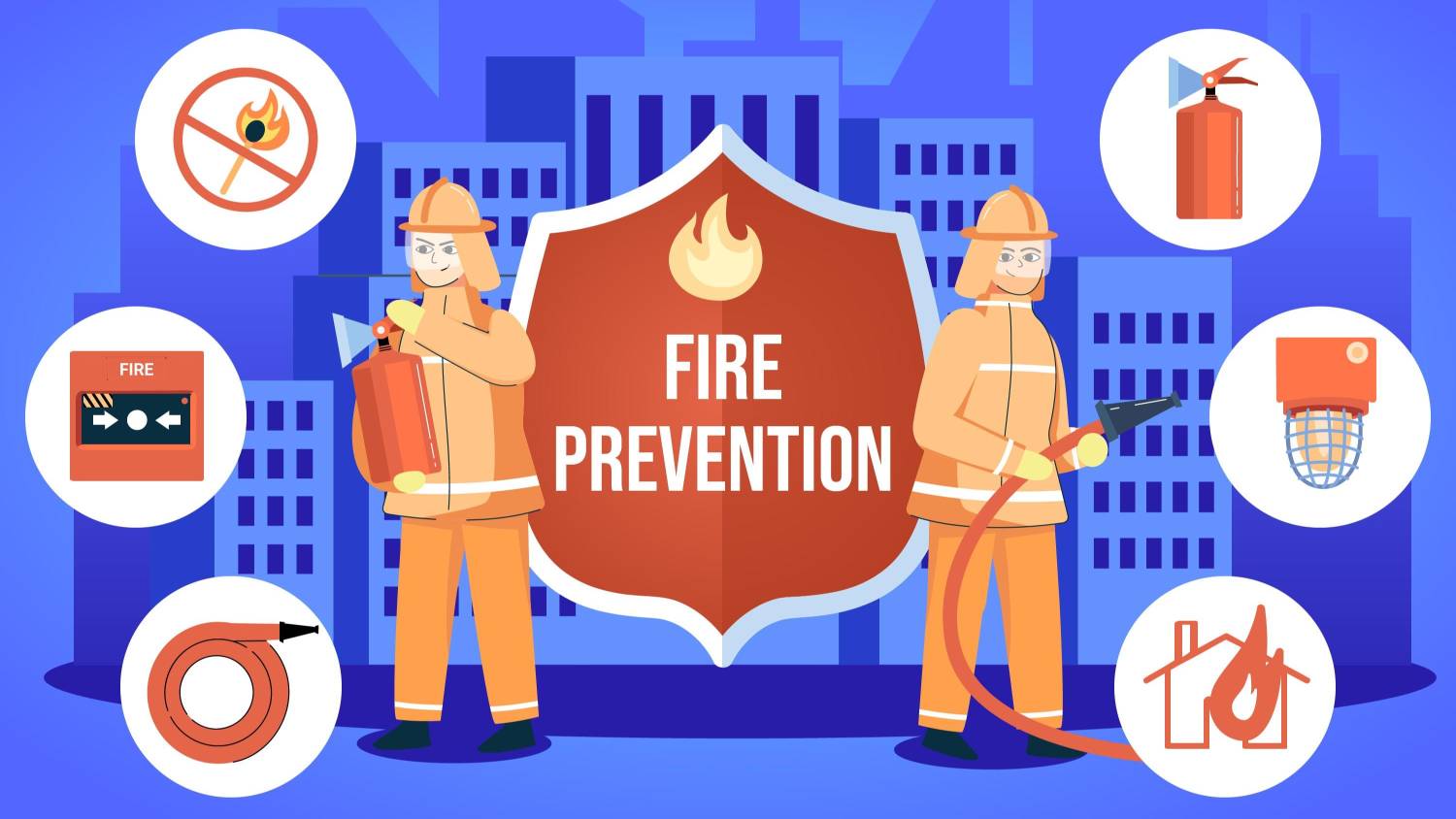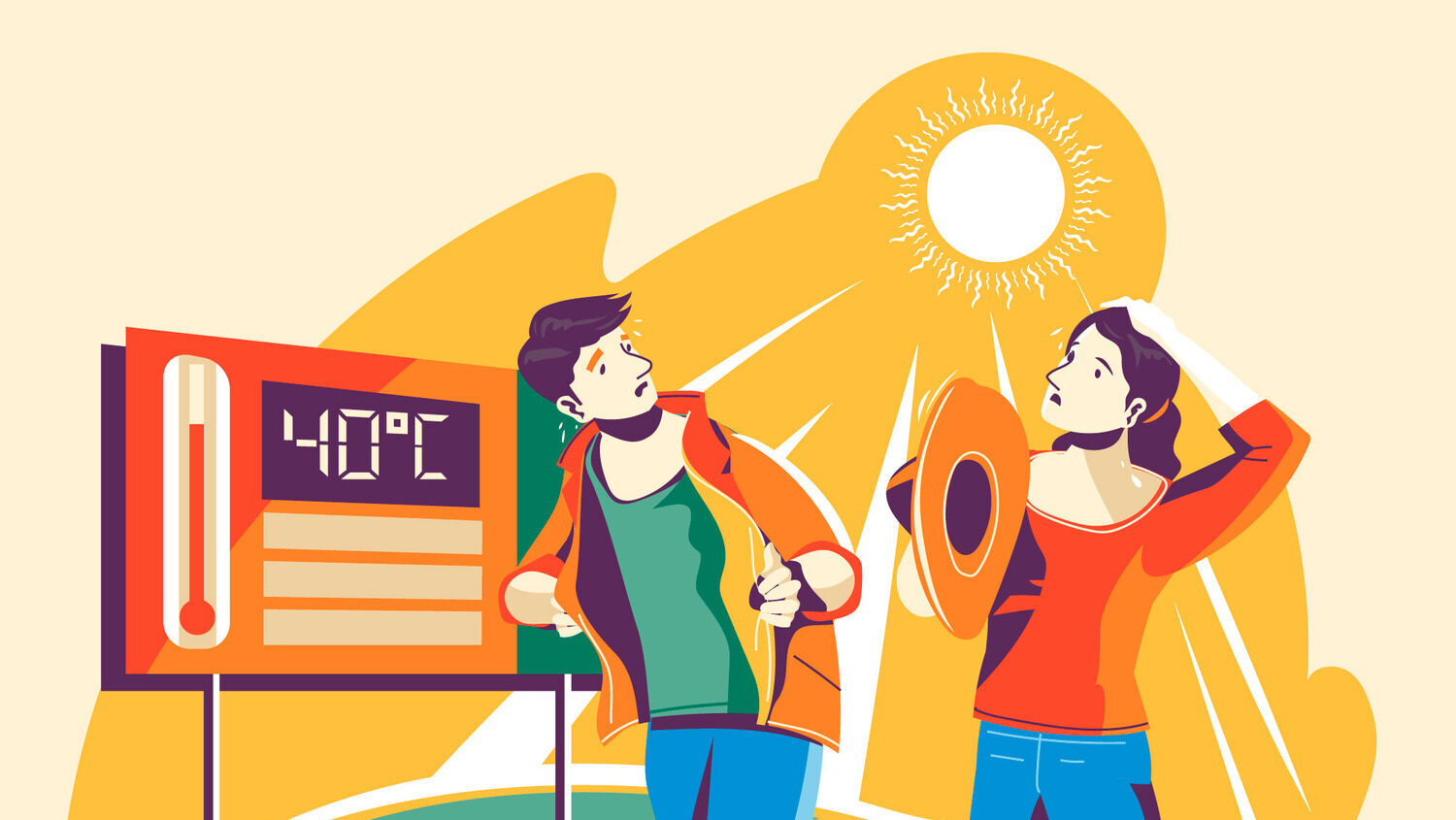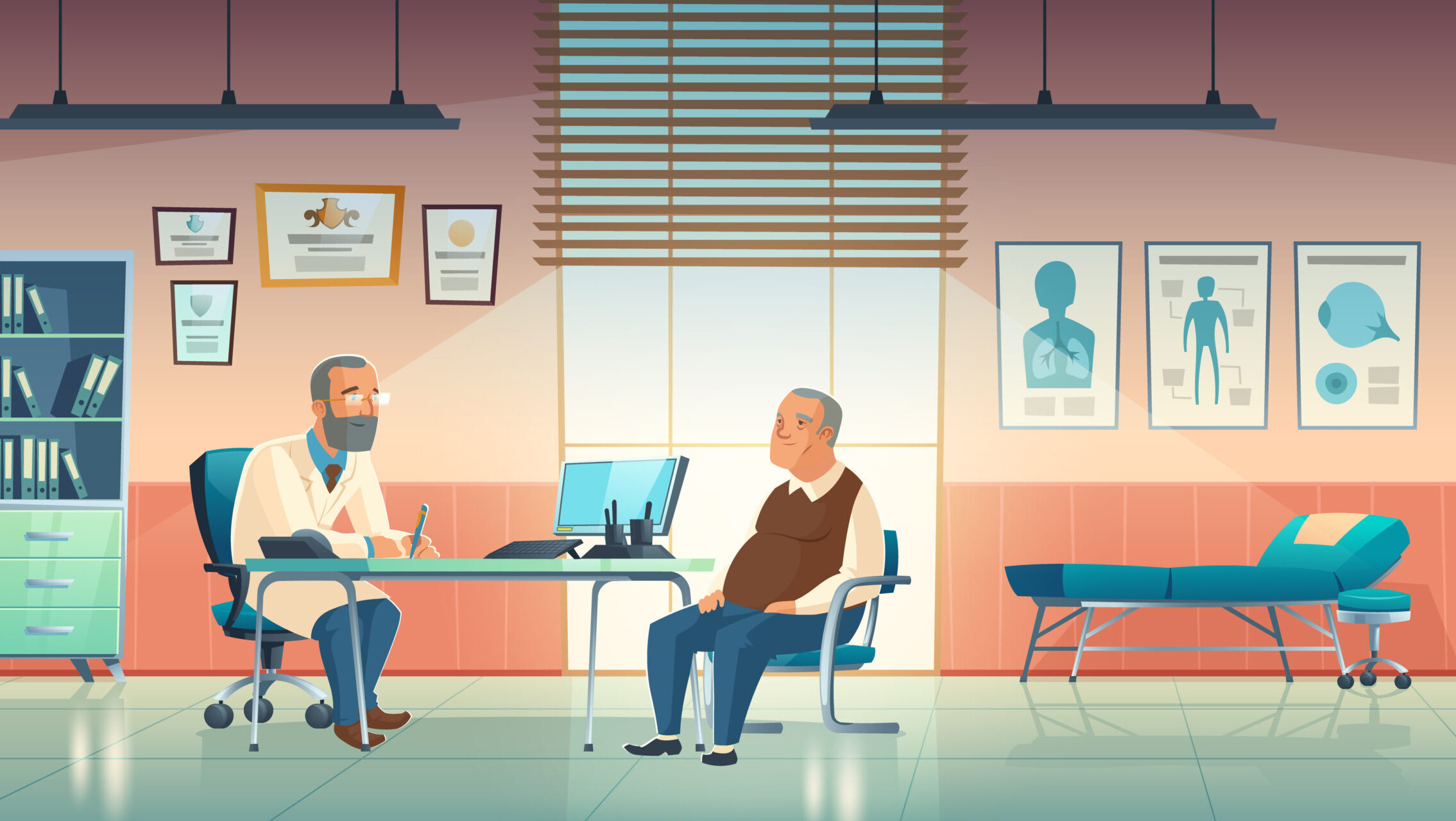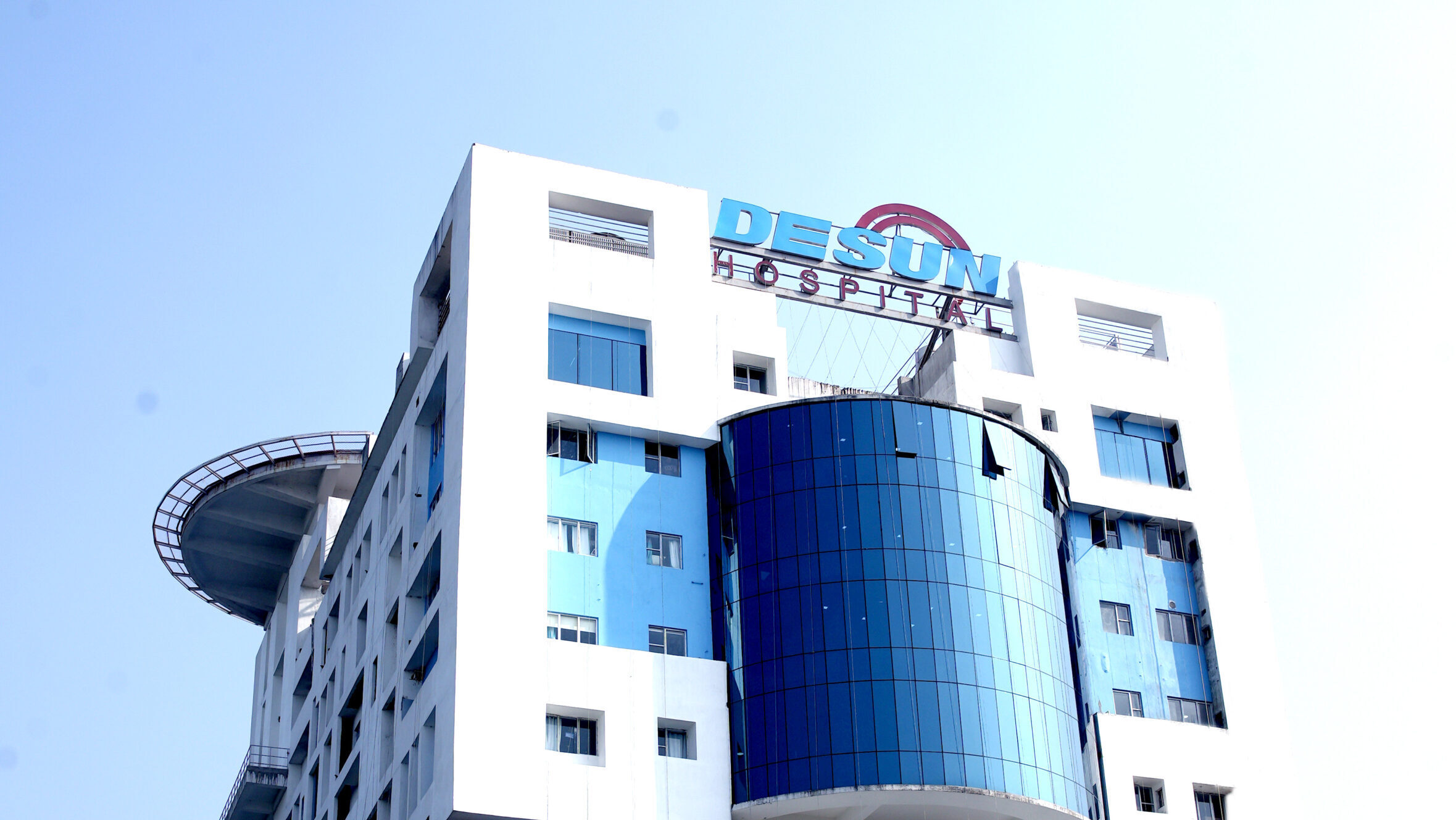
What is an earthquake in simple terms?
Earthquake is sudden light to heavy shaking of the earth surface due to breakage of rock deep within the earth. This is associated with shaking of the earth’s surface and usually lasts for few seconds to few minutes.
How earthquake impacts normal life?
The sudden shaking of the earth’s surface shakes and send tremors across buildings, roads, bridges and people walking or sitting inside homes or road. We can feel the shaking and the sudden impact creates panic and if it is heavy and lasts for few minutes there can damage to life and property as they may fall, topple, break and crack. People and animals may get injured by things falling, or by getting off-balance.
There can floods due to damage in dams, tsunami etc.
Electrical and fire hazards if they are not disconnected immediately, internet and mobile network disruption etc .
There can be multiple earthquakes?
Heavy or strong earthquakes that are noted high on Richter Scale and have large area inside the earth impacted usually repeats as strong aftershocks that are mostly not as strong the primary earthquake. There can aftershocks that can impact people and life for next few days and machine recorded aftershocks for much longer period of time.
Living in earthquake risk zones?
Do always keep a handbag or easy to carry bag ready with required medicines, regular medicines, water bottles, some clothing, some dry food, insurance, medical , bank and all other required government identification papers or photocopies handy and well arranged. Also keep some money, bank cards, hospital and medical cards ready.
Build houses and get construction done as per safety directives only
If you have undergone some disaster response training , do keep practice and have community drills at times
Particularly for Heart and Nuero patients
Heart patients can suffer shock or mental physical impact due to the panic because of an earthquake
It is important to keep them stable with medicines and mental support
If required they may need medical help as soon as the earthquake is over
For nuero patients mental and physical support is important. We need to keep them calm and assured that all is fine and soon things get better. If on wheel chairs, bed they should be on standby mode so that it do not move and cause panic.
Usual do’s and don’ts during an earthquake?
If indoors it is better to take shelter under a strong table or such flat object
If outdoors stay away from windows, high rises, electric polls, hoardings and try to stand in an area that is clear around like an open ground etc
Do not use lifts, use stairs
Do not take shelter or stand close to even low storied building, parapets , bus stands etc
If driving do stop in an open place and try stay inside car
Do not light fire, matchstick and lighters.
Turn of electrical mains, cooking gas ovens and all other electrical equipments
Do not panic, rush and run
What to do immediately after an earthquake?
As soon as you recover and get okay after an earthquake check for people around you, if they are injured
Call medical help lines as you see a seriously injured person; do not move the person if not necessary
Give First Aid to people who need it
Do not us phone immediately as people in real need are already in large numbers, additional calls may further congest networks
Check for cracks in the building
Leave the building as there are chances of aftershocks , wait for some time, take note of radio messages other information sources before we move inside the home or premises
Do not drive if not necessary
Health Awareness Article by Desun Hospital and Heart Institute


















